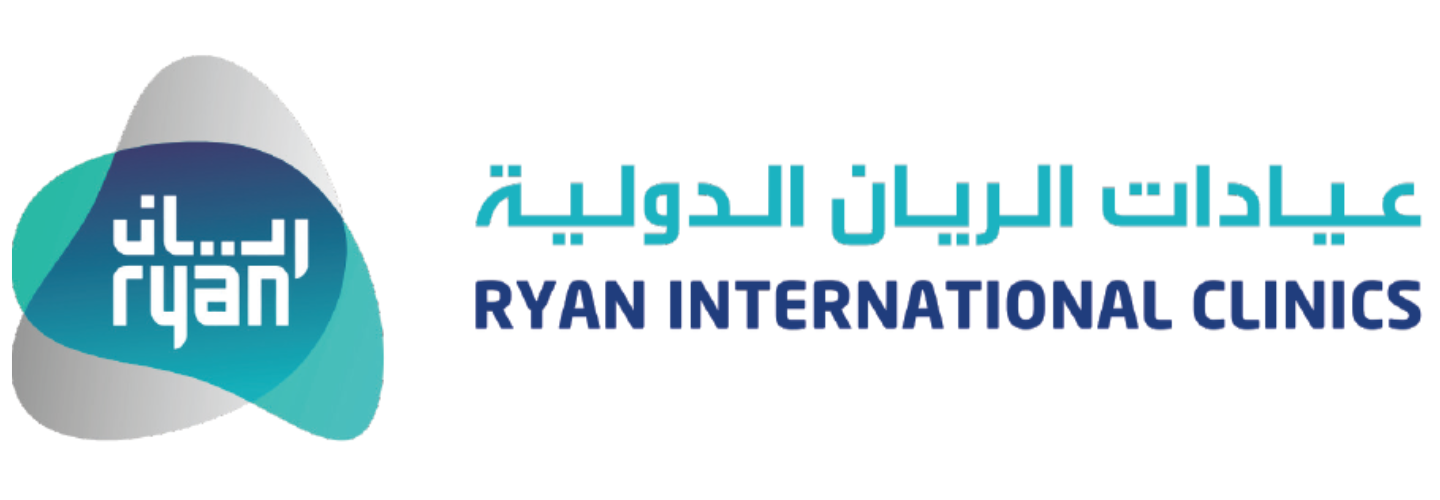
Finding the right psychiatrist in Ajman can make a life-changing difference for individuals struggling with stress, anxiety, or emotional challenges. At Ryan International Clinic, our goal is to help patients achieve mental peace, stability, and balance through professional care and advanced psychological treatments. As the best mental health clinic in Ajman, we combine compassion with evidence-based therapy to help you overcome mental health concerns and restore well-being.

Why Choose Ryan International Clinic?
Experienced and licensed professionals
Comprehensive psychiatry services Ajman
Support for depression, anxiety, and stress
Modern therapy methods and compassionate care
Affordable treatment plans for every patient
Convenient location and flexible appointments
Our psychiatry specialist Ajman ensures that each session focuses on identifying the root cause of emotional distress while providing long-term mental wellness strategies.
Comprehensive Psychiatric Care in Ajman
Ryan International Clinic offers a complete range of mental health services led by an experienced psychiatrist in Ajman. Whether you need psychiatric therapy Ajman, medication management, or personalized counseling, our experts are here to guide you through every step of your recovery journey.
Our clinic stands out for offering confidential, safe, and effective mental health care with empathy and professionalism. As a trusted psychiatrist Ajman UAE, we understand that every patient has unique emotional and psychological needs — and our customized care reflects that.
Specialized Psychiatric Services Offered
At Ryan International Clinic, we cover a broad spectrum of mental health concerns under the supervision of a licensed psychiatrist Ajman. Our expert team offers:
Psychiatric therapy Ajman for anxiety, depression, and mood disorders
Behavioral health doctor Ajman sessions for habit control and stress relief
Psychological therapy Ajman designed for individuals and families
Mental disorder treatment Ajman with effective medication and counseling
Psychiatric care Ajman for both adults and adolescents
Each service is tailored to your condition, ensuring that you receive the best possible care at our mental wellness clinic Ajman.
Trusted Team of Mental Health Professionals
Ryan International Clinic has an experienced psychiatrist Ajman team dedicated to helping individuals rediscover emotional stability. Our psychiatrist doctor Ajman combines medical expertise with empathy to ensure patients feel safe and supported. Whether you’re looking for a female psychiatrist in Ajman for personal comfort or an online psychiatrist consultation Ajman for convenience, we provide flexible options to suit your needs.
Our psychiatry specialist Ajman offers treatment for:
Depression and anxiety
Mood and panic disorders
Obsessive-compulsive behavior
Emotional trauma recovery
Work and family-related stress
Through professional counseling and therapy, patients learn to regain confidence and control over their mental health journey.
Holistic Approach to Mental Wellness
At Ryan International Clinic, mental health care is not just about treating symptoms; it’s about restoring emotional well-being and improving quality of life. Our psychiatric treatment Ajman programs blend psychotherapy, medication management, and behavioral therapy. This balanced approach has helped countless patients find lasting peace of mind.
Our private psychiatrist Ajman ensures complete confidentiality, making it easier for patients to discuss sensitive issues openly. The clinic’s calm environment and expert guidance contribute to healing both the mind and spirit.
Affordable and Accessible Psychiatric Care
Ryan International Clinic believes that quality mental health care should be accessible to all. That’s why we are known as an affordable psychiatrist Ajman offering effective treatment without compromising quality. Whether you need short-term therapy or long-term care, our clinic provides customized plans for every patient.
Our psychiatrist appointment Ajman process is quick and simple, allowing patients to connect with specialists at their convenience. The Ryan International Clinic psychiatry department works tirelessly to ensure every individual receives professional and compassionate care.
Advanced Psychiatry Services in Ajman
As a leading psychiatrist in Ajman, Ryan International Clinic uses advanced methods and therapies to treat a wide range of psychological conditions. Our services include:
Cognitive Behavioral Therapy (CBT)
Anxiety and stress management
Relationship and family counseling
Addiction and trauma recovery
Sleep and mood regulation therapy
With our dedicated psychiatry services Ajman, patients experience steady improvement through guided sessions and supportive care.
Our psychiatry specialist Ajman ensures that every treatment is science-based, ethical, and effective in achieving positive mental health outcomes.
Your Trusted Partner in Emotional Health
We at Ryan International Clinic take pride in being a dependable name for mental health support. Our psychiatric care Ajman emphasizes understanding, compassion, and confidentiality. Each patient’s journey toward healing begins with a detailed evaluation by a psychiatrist doctor Ajman, followed by a personalized treatment plan.
Our clinic also provides specialized support for women through our female psychiatrist in Ajman, ensuring comfort and privacy for all patients. Those with busy schedules can also book online psychiatrist consultation Ajman sessions for remote therapy.
Empowering Mental Health Awareness in Ajman
Ryan International Clinic aims to reduce the stigma associated with mental illness and encourage people to seek professional help. Our mental disorder treatment Ajman programs focus on building awareness and helping patients identify early symptoms of stress, anxiety, or depression.
As the best mental health clinic in Ajman, we organize wellness programs, stress management workshops, and counseling sessions to promote community mental health.
Our behavioral health doctor Ajman team ensures that every patient feels supported throughout their recovery process, both emotionally and mentally.
Steps Toward a Healthier Mind
Schedule your psychiatrist appointment Ajman
Receive a thorough mental health assessment
Begin your personalized psychiatric therapy Ajman
Continue treatment under our licensed psychiatrist Ajman
Experience lasting improvement in emotional well-being
Whether you require medical intervention or simple lifestyle guidance, Ryan International Clinic provides the expertise you can trust.
Conclusion
Mental health deserves as much attention as physical health. If you or someone you know is seeking professional help, Ryan International Clinic offers the most reliable and compassionate care under the guidance of a top psychiatrist in Ajman.
With advanced therapies, personalized attention, and affordable services, we are committed to helping you rediscover happiness and peace of mind. From psychiatric therapy Ajman to behavioral health doctor Ajman sessions, our dedicated professionals ensure lasting results.
Choose Ryan International Clinic — your trusted destination for comprehensive psychiatric and mental health care in Ajman.
What services does a psychiatrist in Ajman offer at Ryan International Clinic?
Our psychiatrists in Ajman offer diagnosis, therapy, and medication management for conditions like depression, anxiety, stress, and mood disorders. We provide both individual and family counseling sessions to support long-term recovery.



